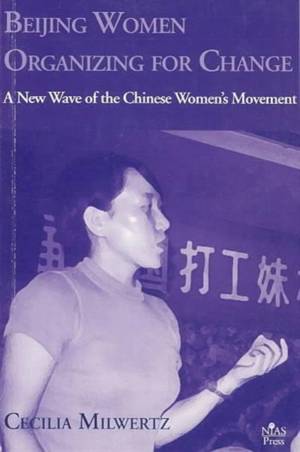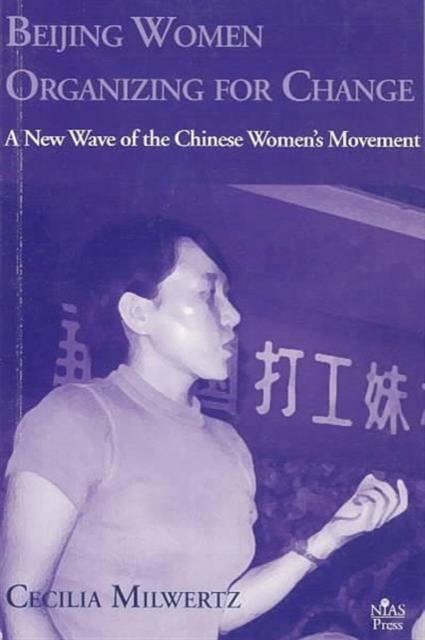
- Retrait gratuit dans votre magasin Club
- 7.000.000 titres dans notre catalogue
- Payer en toute sécurité
- Toujours un magasin près de chez vous
- Retrait gratuit dans votre magasin Club
- 7.000.000 titres dans notre catalogue
- Payer en toute sécurité
- Toujours un magasin près de chez vous
Beijing Women Organizing for Change
A New Wave of the Chinese Women's Movement
Cecilia Nathansen Milwertz
33,95 €
+ 67 points
Description
Independent and quasi-independent organizing in China really began earliest in the women's community but the importance of this 15-year experience has not been documented adequately. The book first introduces the emergence since the mid-1980s of new types of women's organization in China from the earlier situation of the All-China Women's Federation 'monopoly'. It then focuses on selected organizations and networks (such as the Women's Research Institute and the Jinglun Family Centre) and for the first time provides detailed descriptions of their history, organizational structure and work.
The book concludes by discussing these organizations' representation of gender interests and the role they play in the establishment of civil society. The stories to be told in this study--profoundly moving stories of commitment, frustration and creativity--have implications for civil society theory. They will also provide a wonderfully grounding empirical study for those in the woman's movement who have sometimes strayed far from the practical results to which theories are supposed to lead.Spécifications
Parties prenantes
- Auteur(s) :
- Editeur:
Contenu
- Nombre de pages :
- 192
- Langue:
- Anglais
- Collection :
Caractéristiques
- EAN:
- 9788787062725
- Date de parution :
- 01-01-02
- Format:
- Livre broché
- Format numérique:
- Trade paperback (VS)
- Dimensions :
- 168 mm x 210 mm
- Poids :
- 258 g







